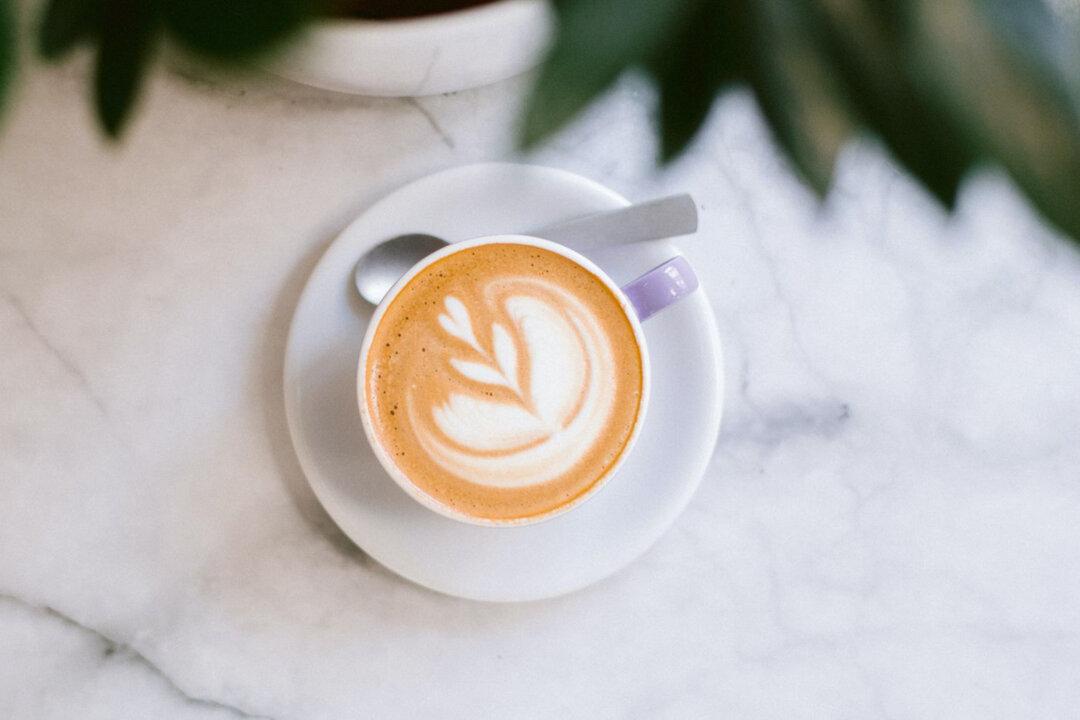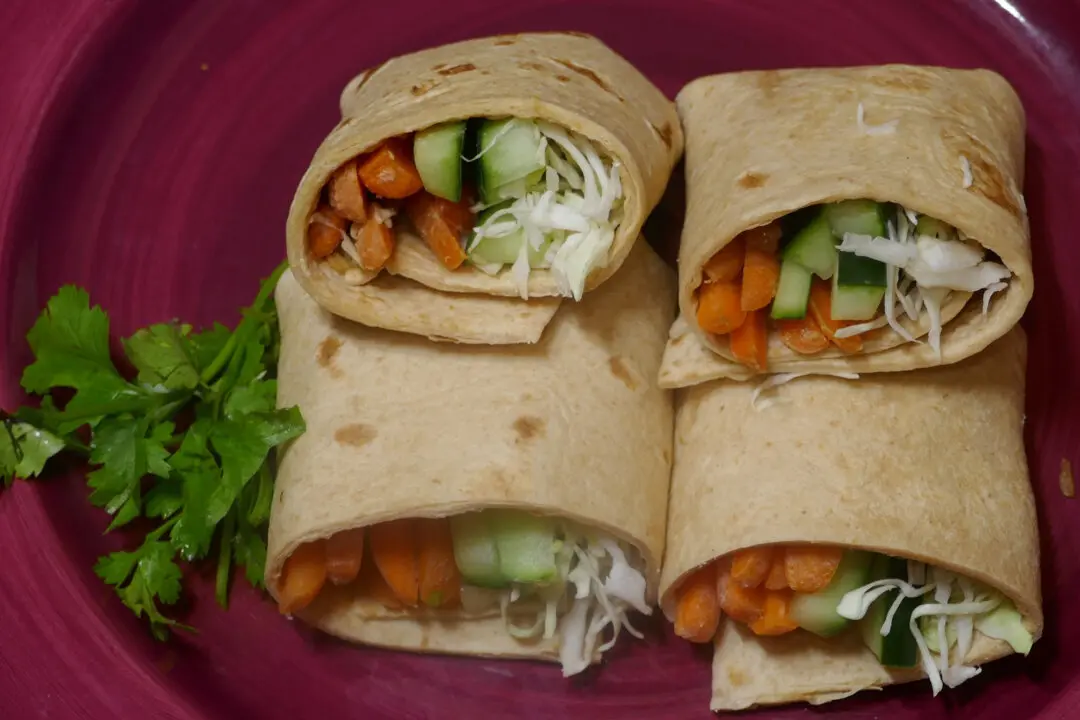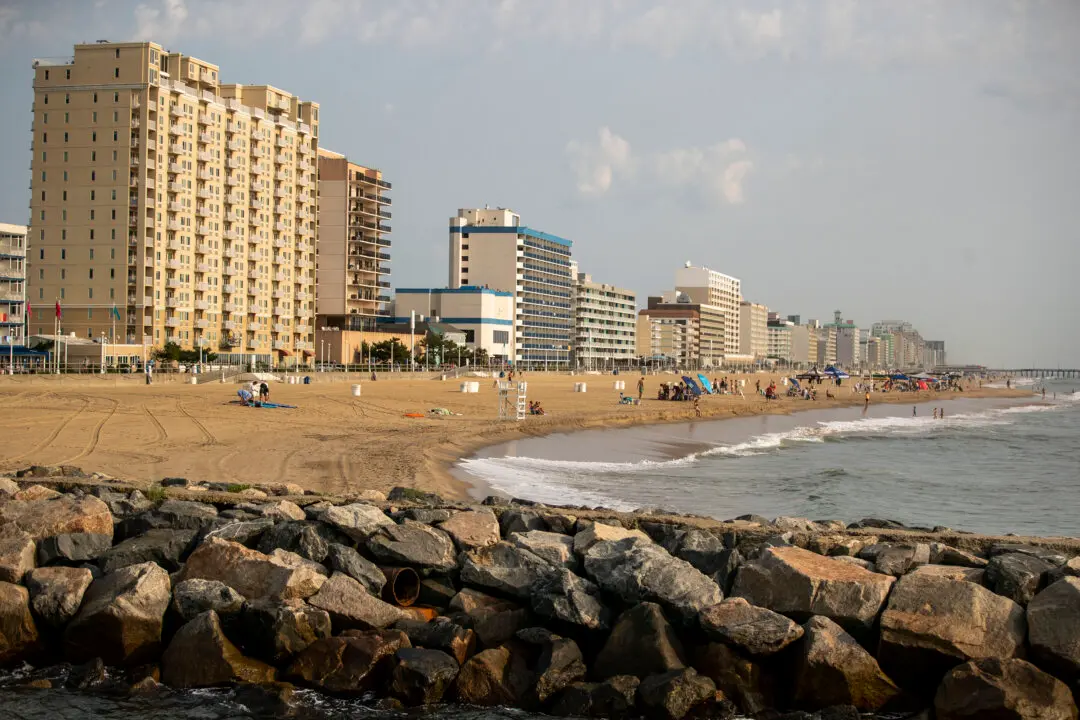By Kat Odell
From Bloomberg News
Chefs generally want to keep mold out of their kitchens, but they make an exception for koji. For around a decade, the fungus has been a secret weapon for trailblazing chefs like Rene Redzepi at Noma in Copenhagen, used to ferment grains, cure proteins and impart umami to dishes both sweet and savory.






